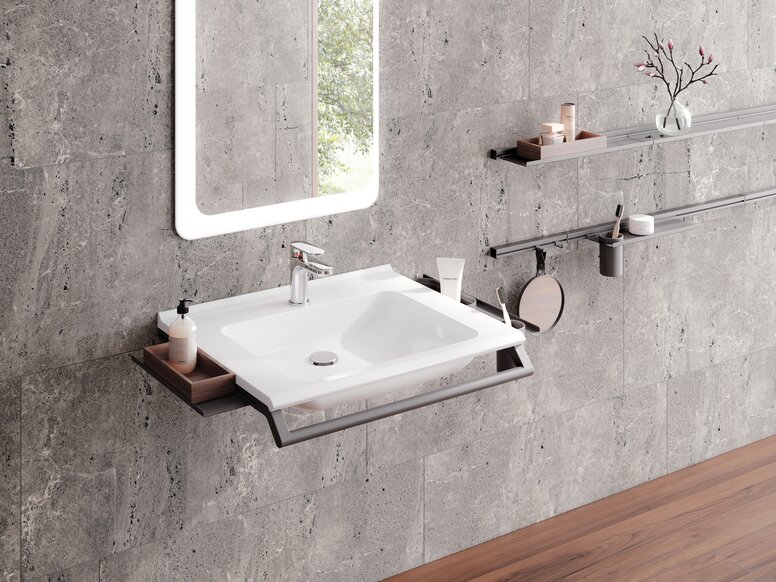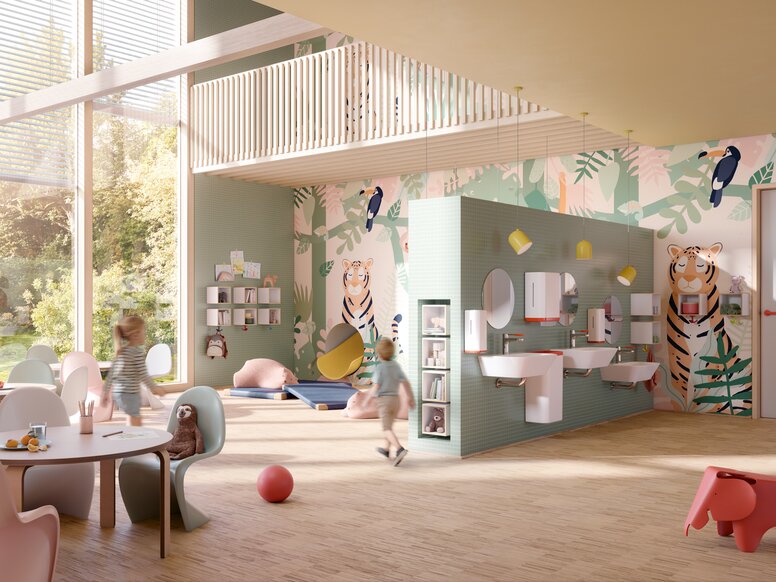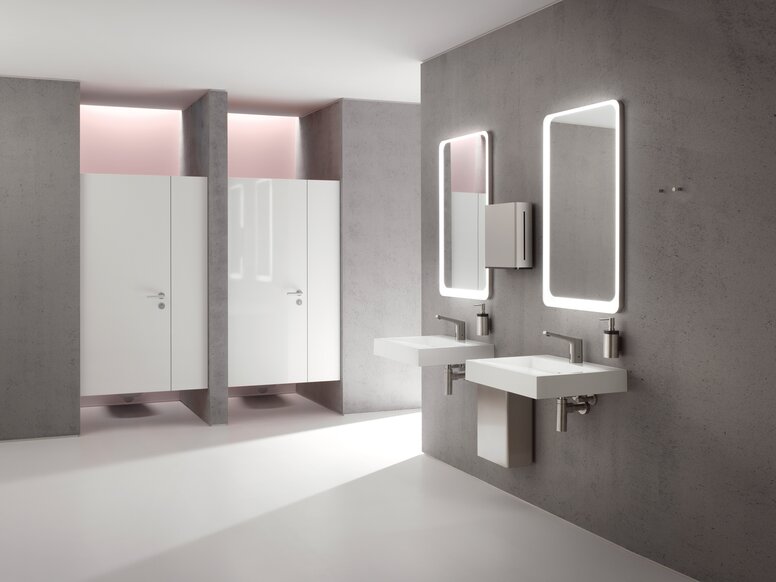HEWI MAG / Knowledge
Planning accessible hotel rooms
An interview with Kornelia Grundmann | CEO, gabana, the agency for accessibility
Kornelia Grundmann’s expertise is in the field of accessibility in the hotel industry. Her agency advises the international construction and tourism industry. Since being diagnosed with multiple sclerosis, she has been a wheelchair user. In this interview, the architect explains how to plan accessible hotel rooms.
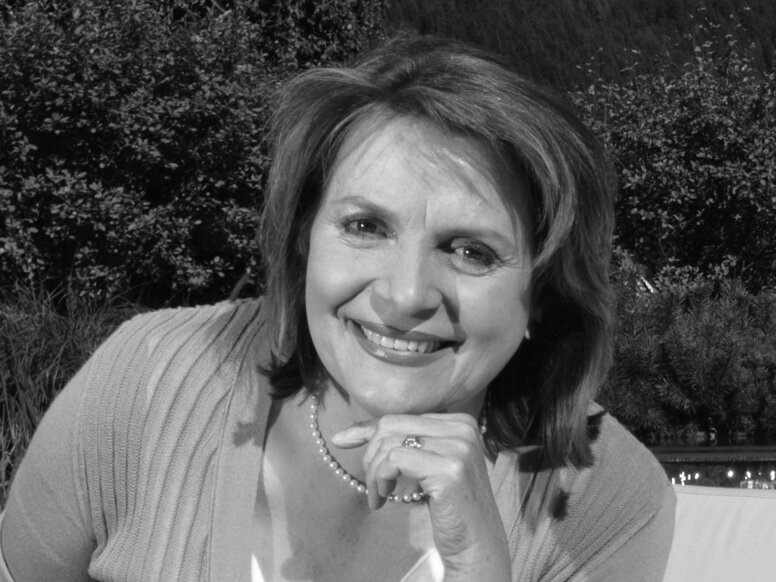
Planning accessible hotel rooms: a worthwhile investment
HEWI: What makes a well-designed hotel for you, especially with regard to accessibility?
Kornelia Grundmann: Well-designed hotels create an unmistakable ambience. They invite guests to feel good and inspire them at the same time. Appealing and reliable accessibility complements this multifaceted offer of inviting hospitality with genuine modernity.
Ideally, a hotel room that is optimally adapted to the individual needs of the respective hotel guest shows just how naturally and attractively accessibility can be included in the design. Because accessibility means more than just meeting normal requirements.
Well thought-out, accessible design and authenticity gives the guest the feeling of being truly welcome. But more than that, it also creates the conditions for the guest to feel comfortable and, above all, safe.
HEWI: The focus of your consultations is on the building and leisure industry. As a qualified architect and expert in accessible building, what prompted you to write the book "Lust auf Barrierefreiheit"?
Kornelia Grundmann: Well, for me, as a wheelchair user the key factor was the daily experiences with superfluous and useless barriers in everyday life. When travelling, the problems start with the difficulty of finding accessible hotels.
When you’re there, you realise that only a few hotels offer accessible access throughout. As well as that, hotel rooms are generally loveless designs with incorrectly equipped bathrooms.
This is undoubtedly the Achilles' heel of accessible hotel rooms, there’s still a huge requirement for education and action when it comes to accessible bathrooms.
HEWI: Where do you think the problem lies?
Kornelia Grundmann: Several factors clearly come together here. Accessible construction requires not just specialist knowledge and common sense, but also empathy for the needs of people in old age or those with limited mobility, or both.
When building for the hotel industry, it’s just as important to seriously consider the wishes of hoteliers and to reconcile them with the needs of the guests in a compatible and aesthetic way.
To be blunt, this means that bathrooms should of course be functional, yet attractively equipped. And they should never convey all the charm of a bathroom in a care facility. It’s not difficult. This can easily be achieved with an appealing ambience and contemporary, comfortable elements.
The Lighthouse Hotel & Spa is an excellent example of how hotel rooms can be planned to be both accessible and aesthetically pleasing.
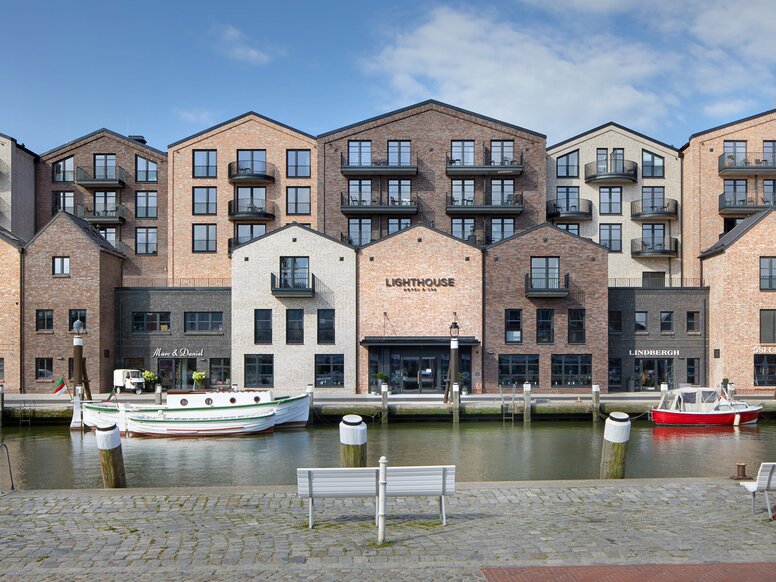
Hoteliers, for example, tend to find the long WC ceramics particularly disturbing, as they remind every guest of a disabled bathroom as soon as they enter. But there is another way.
The results of a survey of wheelchair users are really interesting on this subject. When asked whether they would attach importance to a long toilet in hotels, the result was astonishing. All respondents except one unanimously stated that they did not need a long toilet either at home or on the road, preferring standard commercial sizes.
HEWI: What are the benefits and opportunities for hotel operators if they attach more importance to accessibility?
Kornelia Grundmann: The hotel landscape is currently undergoing massive changes. Hoteliers still live from fully booked rooms. In these rapidly changing times, future-oriented, sustainable planning would not be to their disadvantage.
What do I mean by that? If hotel operators could be made more aware of the market potential and the advantages of Universal Design, more guest groups could be tapped. And by expanding their target market, this would also mean that the investment needed for renovation or new construction could be paid off more quickly.
As an example, take Christoph Hochfilzer from AktivHotel Hochfilzer in Ellmau/Tyrol, who puts it in a nutshell: "I knew there was a demand for accessible rooms. I never imagined it would be so great.”
HEWI: How do you assess the market potential of accessibility in the hotel industry?
Kornelia Grundmann: Looking at the big picture should inspire architects, hoteliers and builders to take a new look at comfortable accessibility in terms of socio-political responsibility as well as their own economic aspects.
What I mean here is at the increasing life expectancy and the associated requirements of a group that loves to travel: Generation 65plus. A generation with majority that is financially well off, or very well off, and knows exactly what it wants.
This group of guests expects the highest level of comfort so they can continue to experience their customary love of travel without restrictions. In 2020, Germany will be home to around 18 million people over the age of 65, which is roughly equivalent to the combined populations of London, Barcelona, Berlin and Paris. If you want to inspire these guests and attract their custom in the long term, you need to take their individual requirements and demands for comfort in old age seriously, and take them into account.
But that's not all. With modern designed accessible hotels, you could also attract a further 8 million Germans with mobility, visual or hearing impairments, many of whom would be happy to travel if there were corresponding, reliable accessible offers.
KORNELIA GRUNDMANN
Kornelia Grundmann studied architecture in Mainz. As a sworn and court-certified expert for accessible building and owner of gabana, the agency for accessibility, she lives in Ellmau in Tyrol (Austria). Since the diagnosis of her multiple sclerosis, she has been a wheelchair user. Ms Grundmann is an expert in the field of accessibility in the hotel industry and advises the international construction and tourism industry.
"Accessible construction requires not only expert knowledge and common sense, but also empathy for the needs of people in old age as well as those with mobility impairments. In plain language, this means that bathrooms should be functional, yet appealing."
